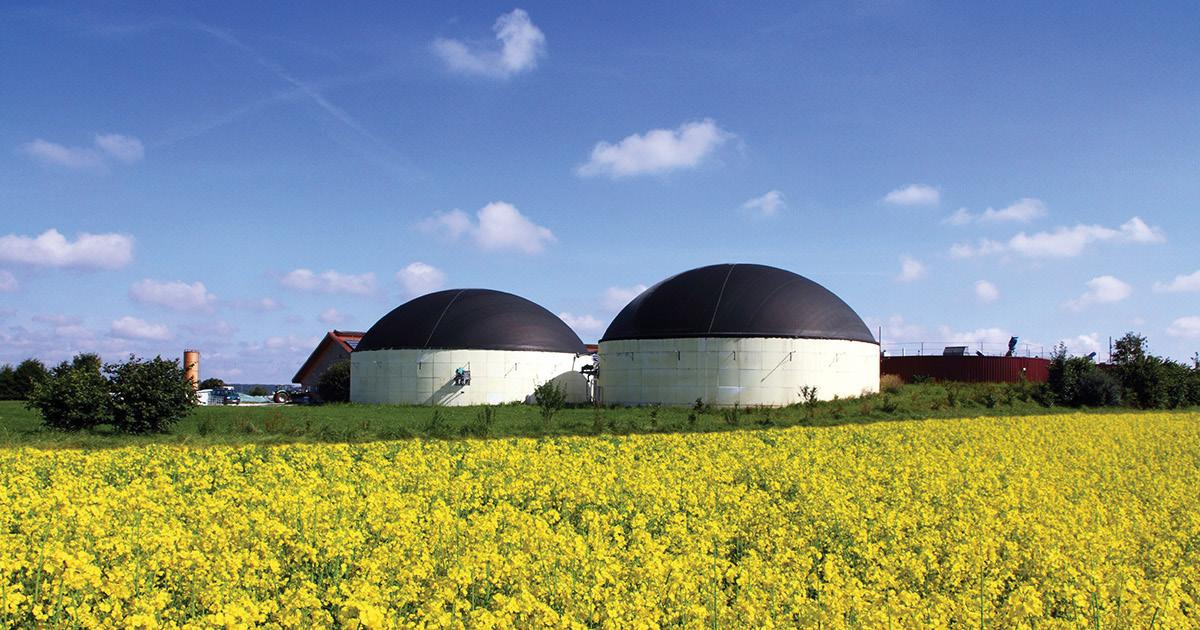OPINION
change I TOLD Behaviour is the key to YOU SO! climate change
I
Jes Rutter, Managing Director, JPR Solutions
have been banging the drum for years about how changing behaviour is key to climate change, and how the potential for energy and carbon savings from behaviour change is at least as much as from technological changes. I feel absolutely no pleasure in saying I told you so, I was right all along, but it’s true and the evidence is now plain for all to see and being widely reported. I have been working with ESTA, the Energy Services Technology Association, for the last 18 months to develop case studies of where very positive results have been achieved as a result of implementing energy behaviour programmes so that these can be used as evidence to encourage others. There are some very striking cases of great programmes that have worked. In one example, delivered by JRP, savings of 8.9% were made following a £30k behaviour change programme, the same savings as a £480k new factory LED lighting scheme for the same client. We have also been lobbying Government to acknowledge the role of behaviour change programmes and incentivise organisations to implement them. It has been a frustratingly slow journey with, I’m sorry to say, little to show for the effort. What we are all seeing right now is a real life case study on how the changes in our behaviours as a result of the Coronavirus pandemic are having really profound positive impacts on our world; reduced use of fossil fuels, reduction in greenhouse gas emissions, improved air quality, wildlife thriving, clean water, dolphins swimming in the Ganges and the canals of Venice, and the colours of our skies. Although Covid-19 is most likely the biggest global crisis since the Second World War, it is still dwarfed in the long term by climate change. The world will never be the same again after Covid-19 but what are we learning and what opportunities can we capitalise on?
There have been some painful and costly adjustments required by individuals and organisations to achieve the positive environmental impacts we are seeing. Sporting events, exhibitions, conferences, holidays, concerts, parties, social gatherings, shopping trips have all been cancelled. These cancellations have led to reduced travel, reduced production, less catering, less heating and lighting, less air conditioning and overall, less consumption etc, etc. In this mix, one significant element is transport which alone represents almost a quarter of Europe’s greenhouse gas emissions1 and is the main cause of air pollution in cities. Before Covid-19, the transport sector had not seen the same gradual decline in emissions as other sectors. This crisis has shown us that clearer skies and breathable air can be achieved very fast if concrete action is taken to reduce burning of fossil fuels but the global carbon emission reductions that the Covid-19 lockdowns are causing need to be repeated each and every year to prevent a 2 degree temperature rise. One thing is certain however, individuals and organisations will not voluntarily and willingly repeat the pain of the last 6 weeks in the pursuit of the long term climate change goal. Globally, concern about the environment and pollution is growing (see Figure 1) and according to a 2019 survey2 of more than 4,000 UK residents, 70% said they were concerned about climate change. In the past, however, survey results like these have not translated into real action. Too many people still buy unsustainable food, fly frequently and don’t take the meaningful daily actions 1 https://ec.europa.eu/clima/policies/ transport_en 2 The survey was conducted by the Department for Business, Energy & Industrial Strategy (BEIS) as part of its Energy and Climate Public Attitudes Tracker. https://www.statista. com/statistics/426733/united-kingdom-ukconcern-about-climate-change/
10
ENERGY MANAGER MAGAZINE • MAY 2020
Figure 1
Figure 2
that help to reduce their environmental impact. Barriers such as ease, availability and current lifestyle trends mean that sustainable living has been more of an aspiration. In fact, Figure 2 shows clearly that individuals are looking for Government, businesses and civil society to resolve the climate change crisis. The UK Government has indeed made strong commitments to reducing greenhouse gases by passing laws to achieve Net Zero greenhouse gas emissions by 2050 and businesses are coming under ever increasing pressure to manage and reduce their emissions to meet this target. But we know that 50% of the opportunity to reduce energy consumption is being missed due to organisations focussing solely on technical opportunities. Behaviour change represents 50% of the global Net Zero opportunity but is rarely implemented. It is encouraging to see that many organisations now have Net Zero on their radar as a business objective. Some even claim to have achieved Net Zero. A major flaw in this is the way that organisations are currently being measured against Net Zero targets. How can it be right, for example, that the FIFA World Cup organisation can claim that they will deliver carbon-neutrality for the













